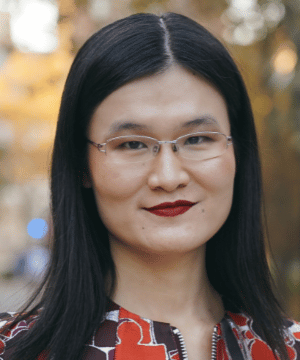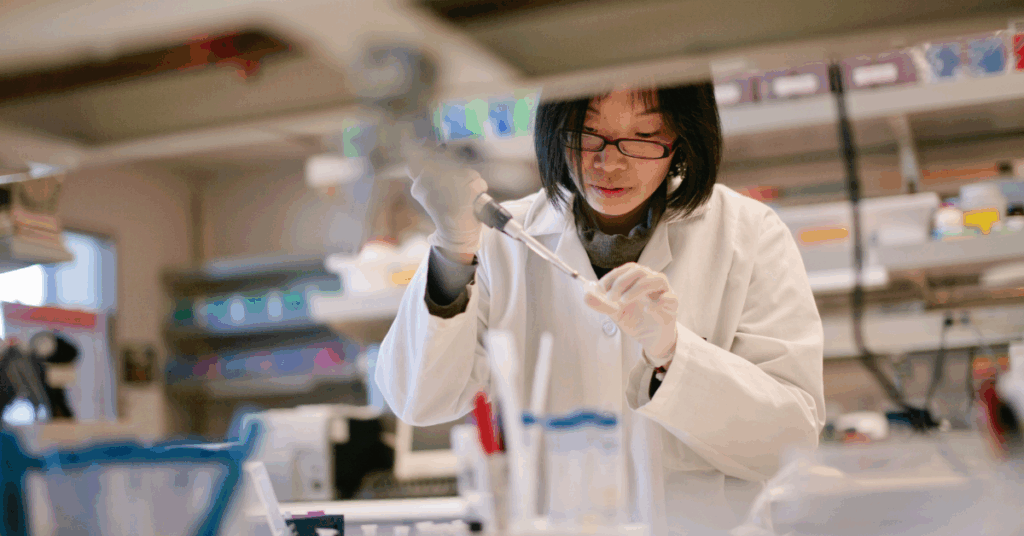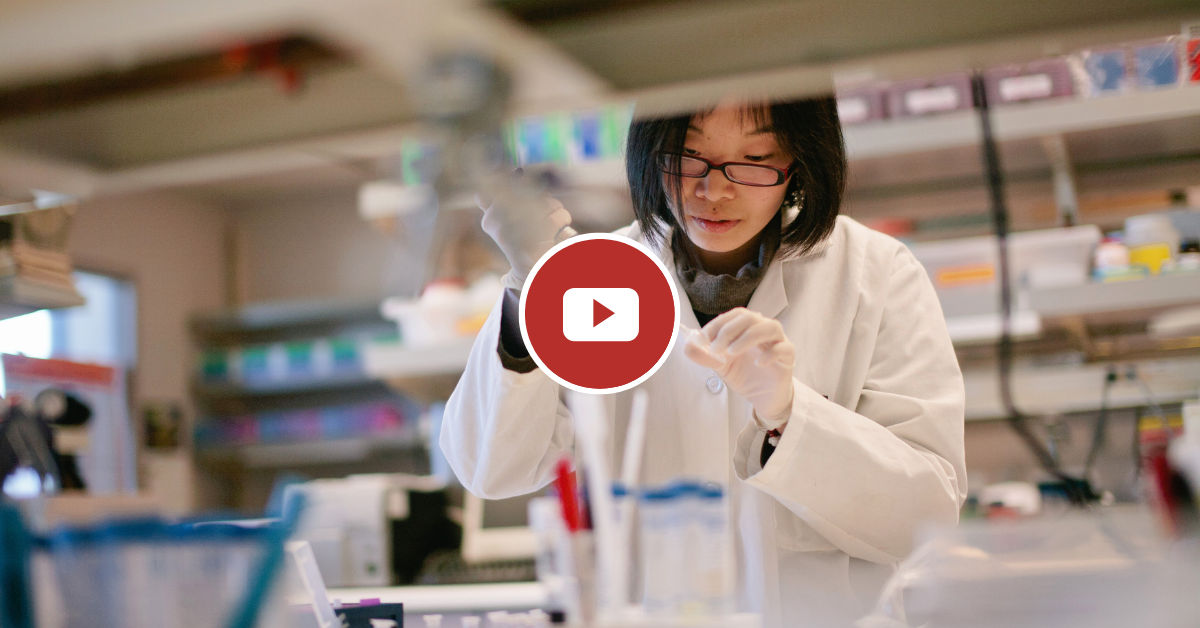Thursday, May 29, 2025 | 2:00 PM EDT
In 1995, the world turned its attention to Beijing as thousands gathered for the Fourth World Conference on Women – an event that produced the landmark Beijing Declaration and Platform for Action. Nearly three decades later, its legacy continues to inform gender equity movements around the world. What has its impact been within China, particularly in spaces where women are still underrepresented, such as science, technology, engineering, and mathematics (STEM)?
In an interview conducted on May 29, 2025, Yangyang Cheng and Gina Tam join Abigail Coplin for a conversation that connects past momentum with present realities, exploring the roles women in China have played – and continue to play – in advancing national development.
Speakers

Yangyang Cheng
Yangyang Cheng is a research scholar in law and fellow at Yale Law School’s Paul Tsai China Center, where her work focuses on the development of science and technology in China and U.S.–China relations. Her essays have appeared in The New York Times, The Guardian, The Nation, MIT Technology Review, and WIRED, and received awards from the Society of Publishers in Asia (SOPA), the Asian American Journalists Association (AAJA), and other media organizations. She is also a co-host, writer, and producer of the acclaimed narrative podcast series Dissident at the Doorstep from Crooked Media.
Born and raised in China, Dr. Cheng received her Ph.D. in physics from the University of Chicago and her bachelor’s from the University of Science and Technology of China’s School for the Gifted Young. Before Yale, she worked on the Large Hadron Collider for over a decade, most recently at Cornell University and Fermilab.

Gina Anne Tam
Gina Anne Tam is an associate professor of modern Chinese history, and the co-director of Women and Gender Studies at Trinity University in San Antonio, Texas. She is a Public Intellectuals Program fellow at the National Committee on U.S.-China Relations and was a Wilson China fellow. She is the author of Dialect and Nationalism in China, 1860-1960 (2020), winner of the Berkshire Conference of Women Historians Best Book Prize, and her writings have appeared in peer-reviewed journals as well as mainstream publications such as Foreign Affairs, Dissent, LARB and The Nation. She is currently writing a book about women and activism in post-war Hong Kong.
Dr. Tam received her B.A. in history and Asian studies from the Indiana University of Pennsylvania and her Ph.D. in modern Chinese history from Stanford University.
Moderator

Abigail Coplin
Abigail Coplin is an assistant professor of sociology and science, technology and society at Vassar College. Her research is situated in political sociology, economic sociology, and science and technology studies. She examines the entanglement—and coproduction—of science, politics, and nationalism in contemporary China, exposing how non-democratic states incorporate expertise into governance and legitimacy claims. Her work shows that while the Chinese Communist Party-state (CCP) seeks to harness science and technology as a legitimizing ideology and economic driver, semi-incorporating them into the state produces new, often unintended, dynamics the party-state must address.
Dr. Coplin holds a Ph.D. in sociology from Columbia University, an M.A. in regional studies of East Asia from Harvard University, and a B.S. in chemistry and East Asian studies from Yale University. She has held fellowships from the University of Pennsylvania’s Center for the Study of Contemporary China, the Yale Council on East Asian Studies, and the Fulbright Association.

